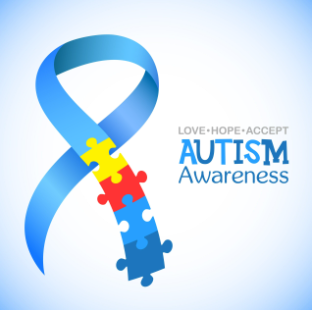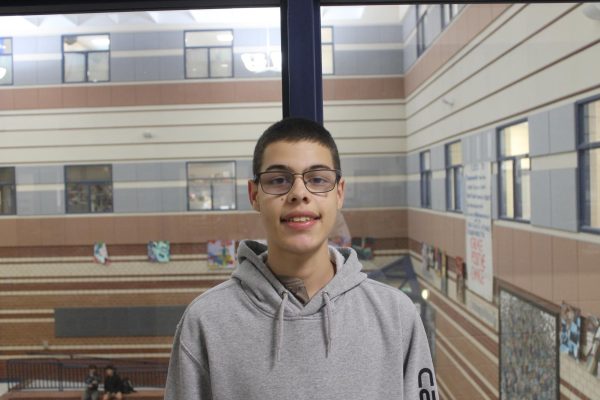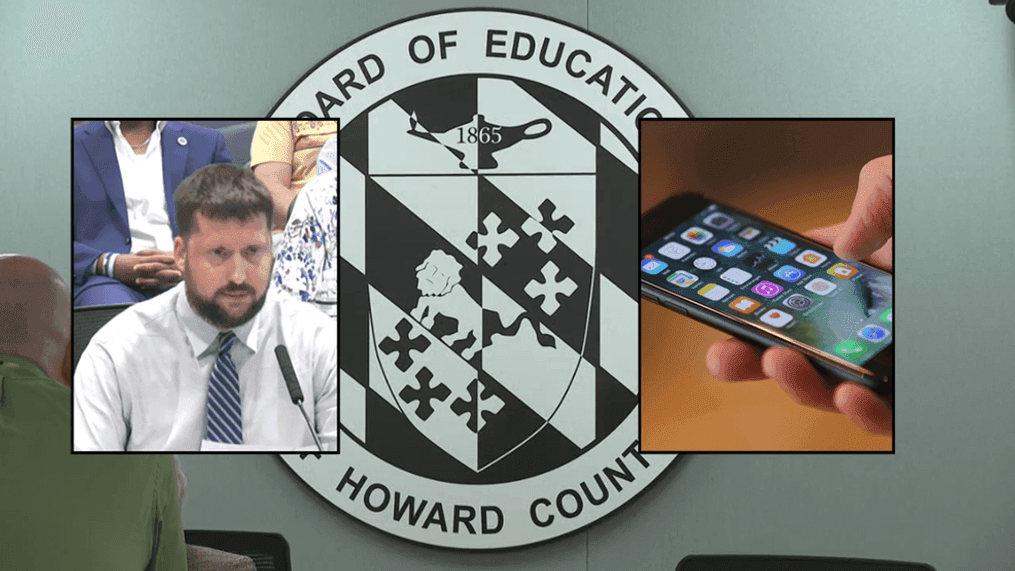On the surface, I am no different from the typical male MRHS junior; I am of average height, have decent grades, take a handful of higher-level classes and participate in a few clubs. However, born with Autism Spectrum Disorder (ASD), I am acutely aware of my internal divergence from the crowd. ASD, globally commemorated during April, is a neurodevelopmental disorder which causes changes in how an individual thinks and perceives the world. Increasing ASD awareness is especially instrumental since ASD is not as well-known or noticeable as physical disabilities.
ASD, a genetic, incurable condition, is not as recognized as other disabilities for multiple reasons. The impact of outwardly identifiable disabilities such as being in a wheelchair is fundamentally clear; however, there are not many clear indications that a person has ASD, due to the majority of its symptoms affecting the mind rather than the body.
A major area affected by ASD is an individual’s social skills. Whereas to allistic people (non-autistic people), reading social cues and socializing can be second nature, people on the Autism Spectrum tend to struggle in these communication aspects. In addition, some people on the spectrum struggle to interpret others’ emotions and thoughts. In some instances, reading cues is akin to learning a foreign language.
Consequently, I am unable to fully connect with the majority of other students, except for when I am passionate about the subject matter or know them well. I constantly face the pain of knowing there are students who care about what I have to say, yet not knowing how to properly express social reciprocity and show them I care just as much.
Due to social skill challenges, Autistic people may have a hard time finding and maintaining friendships.
When attempting to start an activity, I sometimes find it challenging to organize my ideas and turn my initiative into a physical action. As a result, I have a habit of turning in assignments slightly late, making careless errors, misreading directions and not comprehending at first how to translate my thoughts onto a task.
My challenges with self-control manifest themselves as impulses to switch from productive to counterproductive activities. For example, I might be working on an English essay, when out of the blue, I get the urge to check my grades, Google something random or play Wordle.
Moreover, Autistic individuals have differing sensory experiences from their neurotypical counterparts. Whereas the latter experience senses normally, the former can be over-sensitive to certain stimuli. A neurotypical person might feel unaffected by a large crowd, but an Autistic person may instead be overwhelmed by the same crowd. When I experience sensory overload, I get headaches, anxiety and a reduced concentration capacity.
Commonly, people on the spectrum have difficulty with emotional regulation. I have a habit of overreacting when met with an inundation of emotions. As multiple emotional triggers instantaneously converge into one insurmountable wave, I may lose my self-control and do something I regret. Within a school context, my loss of control has caused me to destroy my computer, and recently, resulted in a falling-out with a friend. Emotional outbursts can have severe consequences, and people with ASD are more likely to exhibit them.
My experiences are not representative of every Autistic individual. Although symptoms can vary from person to person, differences in social skills and sensory sensitivity are present among all Autistic people. Nonetheless, the global presence of Autism speaks to the idea that disabilities can lie within rather than manifest themselves externally, and someone can face unprecedented obstacles in spite of their seemingly normal appearance.
Raising Autism awareness and support is essential because within modern society, our differences should be celebrated instead of shunned. After all, the only thing we have in common is our differences. I am just as capable of contributing to the world as my neurotypical peers, but unfortunately not everyone on the Spectrum has the same confidence and pride I have in my identity.
Autism Awareness Month is a reminder to everyone with Autism that they are not alone. The month promotes the message that we need to accept all parts of ourselves, both the positives and negatives, and reinforces the fact that we are all a little different from each other. During the month of April, anyone can and should help in the advocacy for increased awareness, so that people with Autism can feel a greater sense of belonging. With enough combined effort, neurodivergence may become a part of the standard rather than an exception.
Categories:
Invisible Disabilities: My experience as an Autistic High-Schooler

via Hope Trust
More to Discover
About the Contributor

Oliver Musters, Staff Writer
I am Oliver Musters, a junior and journalism II student. I love writing articles concerning a variety of school-related subjects, and cannot wait for a terrific year in J2. Also, in my spare time, I enjoy working out, having exercised for about a year.






